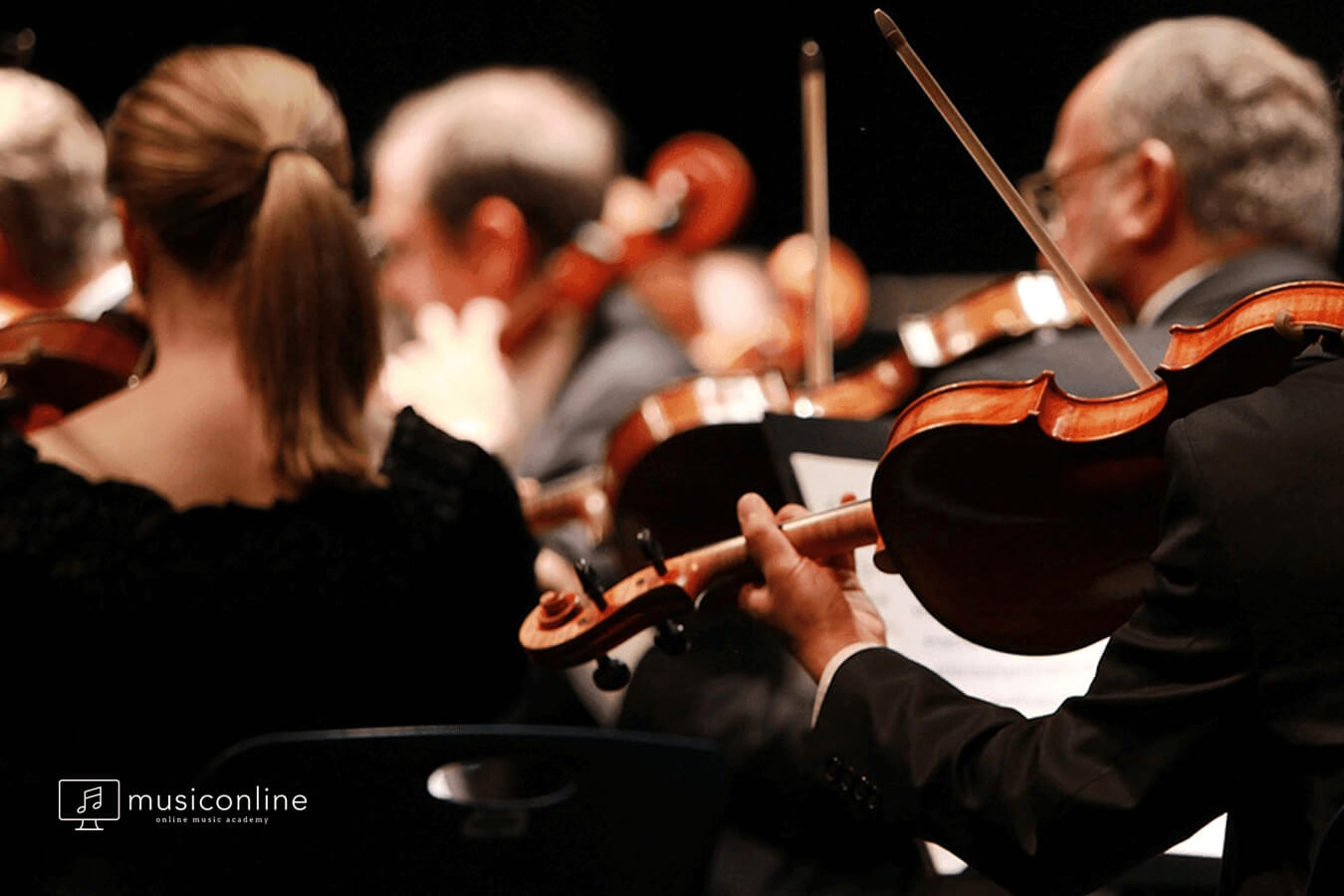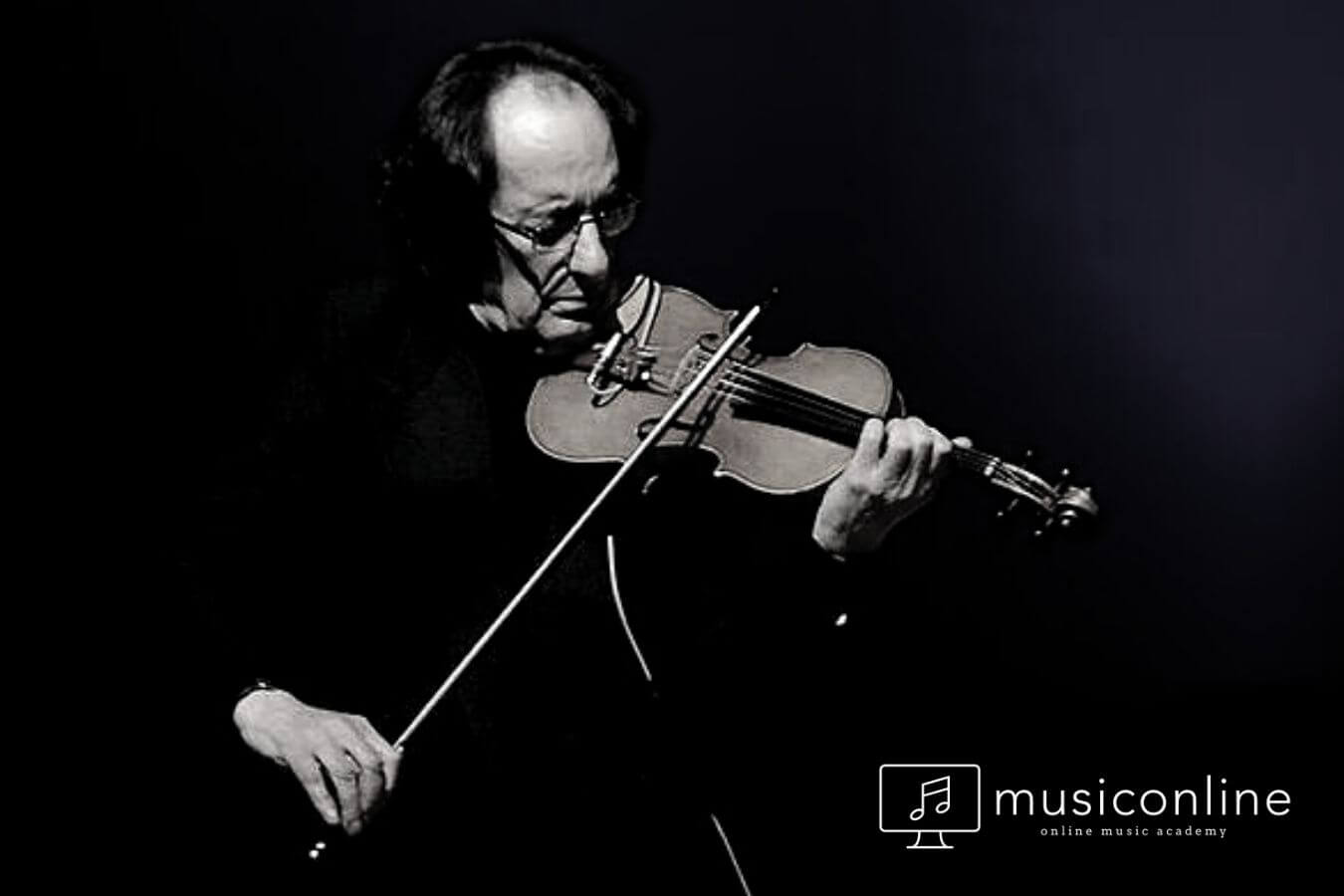musiconline blog
news about us & everything about music on our blog!
Basic Music Terms 2
31 October 2019
In our opinion, we have selected ‘Basic Music Terms’ that the first step of the learning stage for musical behaviour changes from ‘The Term of the Week’ and ‘The Question of the Week’ contents that we regularly share in our social media accounts.
Music is a form of communication. The same applies to musician candidates, just as we strive for words and sentences when we learn a new language. As musiconline, we have listed some of the terms to be learned in the music education process.
Here is our list of basic music terms 2:
- Melody: A melody or tune is a music sentence that influences the audience and can easily be repeated as a song.
- Tint: Subtle difference, detail. The changes in the intensity, sound colour, loudness, and width of the work are called tints.
- Classical music: Classical music is a genre of western origin that covers all ages.
- Theory: Theory defines the basic building blocks of music. Porte, note, articulation, keys, tone, gamut, rhythm, melody, harmony terms are the most important of these building blocks. Music theory, in other words, determines the rules of the language of music and explains their use.
- Harmony: The harmony that translates from the Greek word harmonia into our language means sound harmony. It is the fusion of sounds heard at the same time.
- Composition: Composition is a musical work written using music notation or recorded during performance.
- Orchestra: Orchestra, which means dance in Latin, is the general name of the ensembles of musical instruments together.
- Conductor: The person who provides the unity of rhythm for the instruments to play together and gives the right entry for playing with his own original remark.
- Symphony: It is a type of musical work written for the orchestra. The sounds heard together also mean various instruments played together.
- Composer: A person who composes a piece of music using notes.
- Chorus: It is the name of the ensemble who comes together to sing a monochrome or polyphonic music work.
- Vocal: Vocal is a type of music made with human voice. It is the general name of the pieces that are written for the sound with or without accompaniment.
- Concerto: It is a type of work written for the orchestra with one or several soloists. It usually consists of 3 or 4 parts.
- Overture: It means opening and beginning. It is a one-part independent symphonic form.
You can browse musiconline's other blog posts for detailed information about the terms you've learned, and detailed information about your curiosity during the musical education process you're interested in, you can subscribe to our weekly newsletter to be informed about our new content!
Stay with the music!


